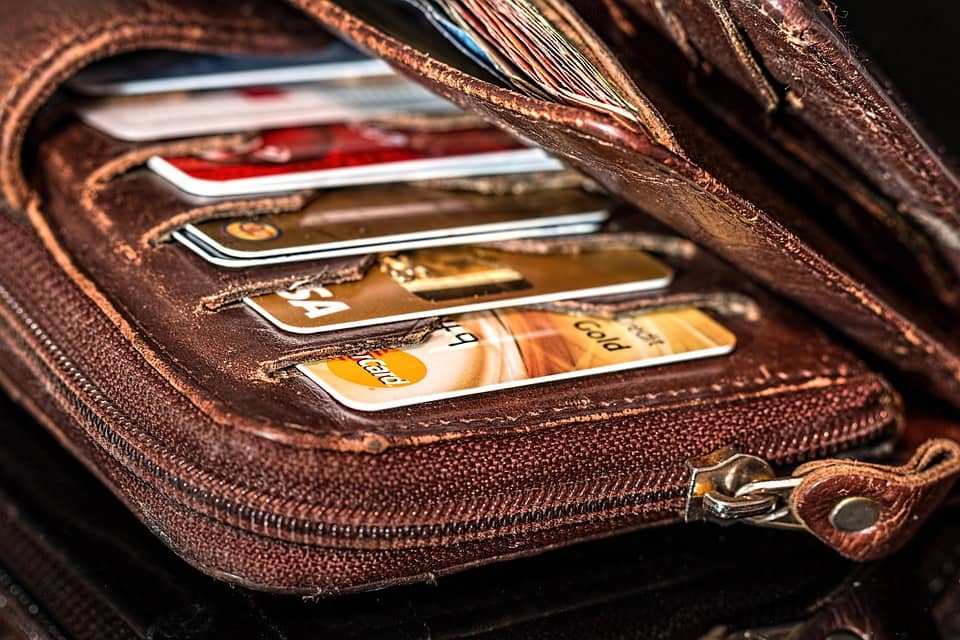How to Prioritize Your Debts: A Step-by-Step Guide to Debt Management
Debt can be a significant burden on individuals and families, making it difficult to manage finances and improve credit scores. With so many debts to pay, it can be overwhelming to know where to start. In this article, we will provide a step-by-step guide on how to prioritize your debts and develop a debt management plan that works for you.
Step 1: Take Stock of Your Debts
The first step in prioritizing your debts is to take stock of your outstanding debts. Make a list of all your debts, including the balance, interest rate, and minimum payment for each debt. This will help you understand the scope of your debt and identify which debts need to be addressed first.
Step 2: Categorize Your Debts
Once you have a list of your debts, categorize them into three groups:
- High-Priority Debts: These are debts with high interest rates, such as credit card debt, personal loans, and mortgages. These debts should be paid off as quickly as possible to avoid accumulating more interest.
- Medium-Priority Debts: These are debts with moderate interest rates, such as student loans and car loans. These debts should be paid off in a timely manner, but not as quickly as high-priority debts.
- Low-Priority Debts: These are debts with low interest rates, such as utility bills and subscription services. These debts can be paid off at a slower pace.
Step 3: Prioritize Your Debts
Based on your categorization, prioritize your debts by focusing on the high-priority debts first. This means paying off the debts with the highest interest rates or the largest balances. For example, if you have a credit card with a balance of $5,000 and an interest rate of 20%, you should prioritize paying off this debt before paying off a student loan with a balance of $2,000 and an interest rate of 4%.
Step 4: Create a Budget
Once you have prioritized your debts, create a budget that outlines how you will pay off your debts. Consider the 50/30/20 rule, where 50% of your income goes towards necessary expenses, 30% towards discretionary spending, and 20% towards saving and debt repayment.
Step 5: Pay More Than the Minimum
To pay off your debts quickly, make more than the minimum payment on your high-priority debts. This will help you pay off the principal balance faster and reduce the amount of interest you owe.
Step 6: Consider Debt Consolidation
If you have multiple debts with high interest rates, consider debt consolidation. This involves combining your debts into a single loan with a lower interest rate and a single monthly payment. Debt consolidation can simplify your debt repayment process and save you money on interest.
Step 7: Monitor Your Progress
Regularly monitor your progress by tracking your debt balances and payment amounts. This will help you stay motivated and on track to paying off your debts.
Conclusion
Prioritizing your debts is a crucial step in managing your finances and improving your credit score. By following the steps outlined in this article, you can develop a debt management plan that works for you and helps you achieve financial stability. Remember to focus on high-priority debts first, create a budget, pay more than the minimum, consider debt consolidation, and monitor your progress.
FAQs
Q: How long will it take to pay off my debts?
A: The length of time it takes to pay off your debts depends on the amount of debt you have, the interest rates, and the amount you can afford to pay each month. A debt repayment calculator can help you estimate how long it will take to pay off your debts.
Q: Can I still pay off my debts if I have a low income?
A: Yes, you can still pay off your debts even if you have a low income. Consider working with a credit counselor or debt management company to develop a customized debt repayment plan.
Q: Will paying off my debts hurt my credit score?
A: Paying off your debts can actually help your credit score. When you pay off your debts, you are demonstrating responsible financial behavior and reducing your debt-to-income ratio.
Q: Can I pay off my debts faster by paying more than the minimum?
A: Yes, paying more than the minimum payment on your debts can help you pay off your debts faster and save you money on interest.
Q: What are some common debt repayment strategies?
A: Some common debt repayment strategies include the snowball method, where you pay off your debts in order of smallest balance to largest, and the avalanche method, where you pay off your debts in order of highest interest rate to lowest.
Q: Can I still use credit cards while paying off my debts?
A: It’s generally not recommended to use credit cards while paying off your debts. Consider cutting up your credit cards or placing them in a secure location to avoid temptation.
Q: Can I pay off my debts on my own or do I need to work with a debt management company?
A: You can pay off your debts on your own, but working with a debt management company can provide additional support and guidance. A debt management company can help you develop a customized debt repayment plan and negotiate with creditors on your behalf.

Leave a Reply